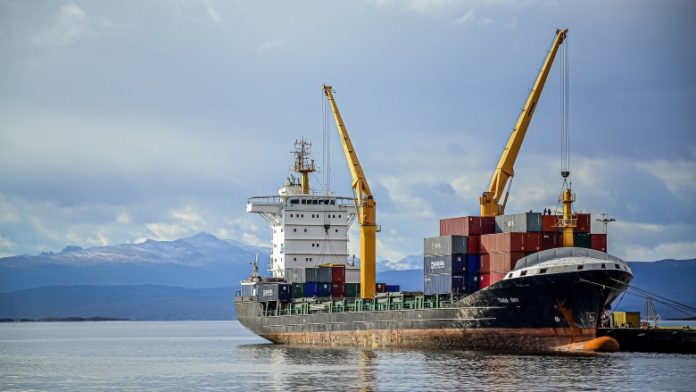Weathernews Inc., a global leader in weather intelligence, introduces its latest innovation, the “Berth Waiting Forecast. This solution enables improved port congestion prediction for the global shipping industry. By seamlessly integrating business data from shipping companies with precise weather insights, the “Berth Waiting Forecast” empowers users to accurately predict the status of delayed ships at ports, marking a significant advancement in efficiency and informed decision-making in maritime operations.
In maritime operations, adverse weather conditions such as strong winds, high waves, and tropical cyclones frequently disrupt cargo handling operations at ports, leading to operational adjustments and increased fuel consumption. Weathernews’ “Berth Waiting Forecast” addresses these challenges by providing users with real-time monitoring of ship delay status and congestion forecasts up to one week in advance. Leveraging AIS data from over 70,000 ships and factoring in weather conditions and day-of-the-week variations, this service offers valuable insights to optimize voyage plans and adjust speeds, thereby reducing fuel consumption and CO2 emissions. Future enhancements aim to further enhance prediction accuracy by integrating ship navigation plans derived from AIS data.
To provide its clients with actionable and data-driven insights, Weathernews continues to explore new and innovative ways to combine ship, market, and business data with weather intelligence.
Real-time monitoring and advanced forecasting
This service provides real-time ship delay status for each port and congestion forecasts up to one week in advance. When you select your destination port on a dedicated website, the number of delayed ships and waiting days will be displayed in real-time. You can also check whether the delay situation is increasing or easing by comparing it with the situation over the past month. Congestion prediction displays the number of ships per day up to one week in advance using numbers and graphs in an easy-to-understand manner. Differences from the real-time number of delayed vessels are also displayed, which can be used as reference information to estimate the delay situation.
Expanded coverage and future enhancements
In addition to major ports, this service will begin providing forecasts at ports where droughts, heavy rains, and floods have caused port closures and large-scale delays in the past, such as ports in Brazil and around the Panama Canal. “We plan to expand the prediction area according to the needs of customers. By using the “Berth Waiting Forecast” and adjusting the ship’s speed and destination, it is expected that the operation plan will be optimized, fuel efficiency will be achieved, and CO2 emissions will be reduced”. said Keemoon Kwon, Head of Global Sales & Marketing, Sea Planning Group
Innovative prediction models and continuous improvement
We have developed a unique prediction model by combining data from approximately 70,000 ships and weather data. Moreover, we are actively working on the development of new technologies that utilize business data related to ships. For instance, the “Berth Waiting Forecast” service displays real-time ship delay status by combining Automatic Ship Identification System (AIS) and data from each port’s berth area. In addition, for congestion prediction, we use a unique AI analysis model that analyzes AIS data from approximately 70,000 ships and learns the ships that are stranded in the berthing area of each port, the congestion situation at that time, and weather information, Kwon added.
Commitment to continuous innovation
In the future, improvements are planned to enhance the accuracy of congestion prediction by considering the weather risks of each ship on the voyage, predicting the estimated arrival time, and incorporating this into the prediction model. Development will continue with unique technologies and new services that integrate ship business data and weather information, aiming to ensure the safety and optimize the business of various companies involved in maritime transportation.
Source: Hellenic Shipping News






